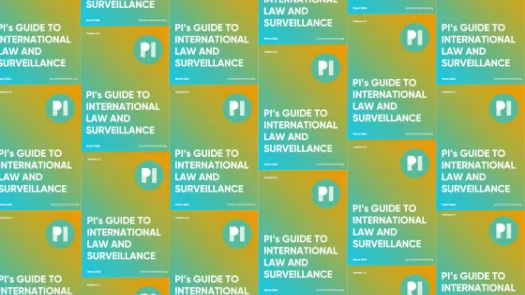NSO Group: Civil society's battle against government hacking
Links
-
Edin mentioned 'a journalist and her son' being targeted; their names are Carmen and Emilio Aristegui. You can find out more about people targeted in Mexico
-
Keep up to date with ongoing litigation against NSO Group around the globe
-
Read our report, together with Amnesty





